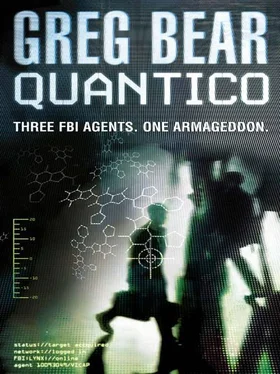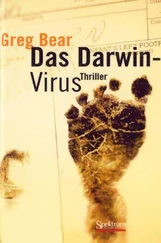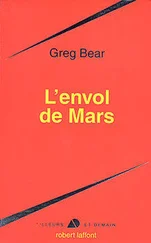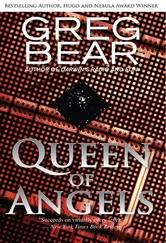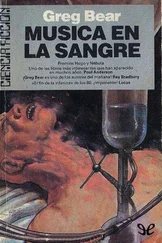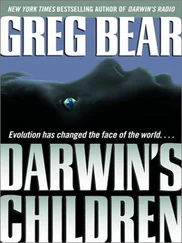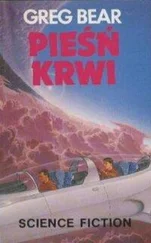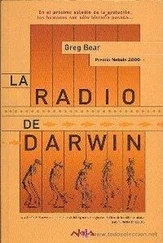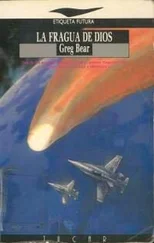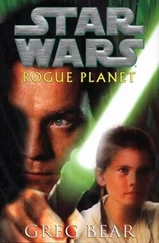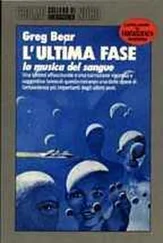‘Thanks.’ William stared straight ahead again. Then he frowned. ‘How could he have survived? How is that even possible?’
‘They haven’t found your father’s partner, Alice Watson,’ Keller said. ‘Two State Patrol bomb techs were crushed in their truck. One’s dead. Another FBI agent, Rebecca Rose, was pulled from the back of the truck with minor injuries. She’s at Harborview with Griff. Luck of the blast. I’m stuck here in Washington until tomorrow. You will check up on your father, attend a courtesy briefing from the investigation team, and then you will immediately report to your probationary assignment, wherever that may be. Your creds are being shipped to my office in Seattle. Watch over your dad for me until I get there, will you?’
‘Yes, sir,’ William said.
He returned the headset to the officer.
The flight droned on.
The C5A was banking. The cargo officer told the kids to stop playing bag-ball and take their seats. ‘Strap in,’ she instructed as she walked along the short aisle. Behind and in front, the armored vehicles and cargo containers groaned under new stresses. It was like flying inside a long church, William thought. Strykers and boxes full of weapons filled almost all the pews.
But there were still the children.
For some reason, thinking of them brought tears to his eyes.
At the very end, William had aced Rough-and-Tough. In the simulated raid he had sent twelve bad guys to ‘God’s courtroom,’ as Farrow had called it-twelve swift and positive kills. Farrow had marked him down for some sloppy moves but had still checked his box.
William had behaved the way he thought his father would have, and that night, he hadn’t joined the others in the boardroom to drink a beer or two, and he hadn’t slept a wink.
Washington, DC
Fouad sat in the passenger seat of the hybrid Ford Preamble, watching the trees and fields and suburbs go by on 95. The gray man driving was mostly silent, intent on traffic. He wore a black suit and a narrow tie and though his face was unlined his hair was gray and he had a grayish pallor. But then to Fouad, many European-Americans appeared slightly gray. It was working indoors, perhaps.
Fouad had been instructed to ask no questions until he arrived. ‘Your driver isn’t part of BuDark. And if you want to be, you’ll play by the rules. Remember. We need folks like you. Folks with your expertise.’
And that was…? Fouad had not asked what expertise they were looking for. He presumed language. There had been plenty of rumors during his twenty weeks at Quantico about ‘sudden career abductions.’
Now, the gray man turned the car onto an onramp and led them through an industrial park. Young maples lined the well-trimmed lawns bordering the newly blacktopped roadway. They were still in Virginia, and if the interview went badly, he might make it back to Quantico to join his fellow agents in the cafeteria for the Wednesday night dressup dinner and next day’s graduation.
Fouad wondered how William Griffin was doing. Such a thing, to watch one’s father caught in such a disaster. It should not have happened. Fouad could not imagine seeing his father die in such a way.
The gray man parked the car in a nearly empty strip before a large, rectangular white building. ‘First glass door on the left,’ he told Fouad.
Fouad exited the car, said thank you, and stepped up to a blank gray door. A small black sphere mounted over the door hummed as he approached. A bar of red light swept over his face.
The door sighed, clicked, and popped open a crack.
‘Come in,’ said a tinny voice through a plastic speaker grill.
A young trim blond man in blue jeans and a white business shirt stood on the opposite side, wearing a smile and a pistol in a shoulder holster. ‘Mr. Al-Husam, welcome to Building 6. My name is Swenson. I’ll be your escort during your visit. Please stay close to me until we reach your destination.’
‘Thank you,’ Fouad said. ‘I am told I will be meeting with a Mister-’
‘All a sham,’ Swenson said, gesturing for Fouad to follow. A long hall stretched past nine unmarked doorways. The lighting was bright and cold. There was no carpet on the floor. Fouad guessed, from the way their voices echoed, that the walls were concrete. ‘I’m taking you to a room where you’ll fill out some forms. After that, Agent Dillinger will interview you.’
Fouad could not help but smile. ‘Dillinger?’ he inquired, over his shoulder. ‘That is a sham, as well.’
Swenson’s face turned serious. ‘That’s his real name. Quentin T. Dillinger. Fine Virginia family.’ Then he winked, and Fouad had no idea what was true and what was not. Swenson took out a key and unlocked one of the doors. ‘I’ll leave this open and stand right outside,’ he said.
There were many forms waiting on a heavy steel table in another featureless room. The forms repeated what he had already revealed about himself when applying to the FBI, and added some questions that had not been asked that first time: whether he supported the House of Saud in the current crisis, his opinions of American foreign policy in Iran and Iraq over the last fifty years, what he knew about Mossadegh and Shah Reza Pahlavi and John Foster Dulles and Allen Dulles. He knew a fair amount. And finally, whether he would truthfully translate the communications of any Muslims, without regard to their shared faith or their well-being or whether or not the details they were providing were in his opinion relevant or simply embarrassing.
That had been a nagging problem with Muslim translators-their loyalty to the umma , the community of Muslims.
Fouad wrote steadily for an hour, filling five pages with close, neat prose, then considered perhaps he was being too candid. The FBI did not appreciate show-offs, or shows-off. He still did not always know the correct form for such plurals. Courts-martial, for example.
The door to the small room opened.
‘We’re ready, Mr. Al-Husam,’ Swenson said.
‘I do not need to finish?’ Fouad asked, lifting his pencil.
‘No, sir.’
‘Thank you,’ Fouad said.
Swenson stacked the papers and passed them through the door to an anonymous pair of female hands.
Twenty minutes later, Fouad was sipping from a bottle of Pure American Springs water. He pondered the ubiquity of flags on food packaging and drink containers, and the almost Semitic quest for purity Americans lavished on their indulgences. Swenson returned, rapped lightly on the door, and asked him to follow.
And now they came to the end of the hall and a double doorway, one side of which opened as they approached.
‘Nothing of this meeting will be discussed with anyone outside, ever,’ Swenson said.
‘So I agreed,’ Fouad said. The way Swenson eyed Fouad’s features-with a critical, unabashed perceptiveness-made him uneasy.
‘Don’t mind me,’ Swenson said. ‘New people give me the willies. Dillinger is expecting you.’
Special Agent Dillinger-he did not say in which bureau of federal law enforcement he served-sat behind a steel desk. He had thinning hair and a sleepy look and his tie was rumpled and loose. His lips were full and slightly slack. To Fouad, he resembled a used-car dealer at the end of a day without customers. A slim telepad and a small, disorganized stack of papers were the only things on his desk. The room’s lighting was cold and ancient-two ranks of naked fluorescent tubes. Two chairs waited in front of the desk, turned toward each other at forty-five degrees. Fouad sat in the left-hand chair. Swenson closed the door on them.
‘Talk to me,’ Dillinger instructed, blinking as if something was irritating his eyes. ‘Personal history first.’
Читать дальше
Конец ознакомительного отрывка
Купить книгу
